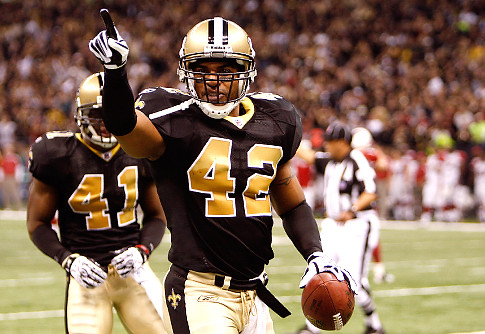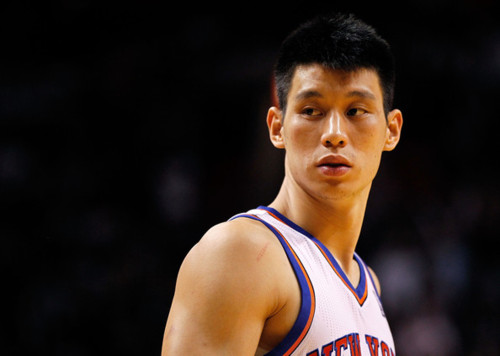The contemporary concept of beauty is not so much the idealization of the skinny build as much as it is the condemnation of the obese and overweight. We are equally capable to appreciate the beauty of both body forms, but we choose to love one and hate the other.
I remember once remarking to a friend that I felt obesity and the shame associated with it was worthwhile and good. Obesity is unhealthy, undoubtedly. Our bodies were not created to support incredible amounts of weight. My line of thought assumed that the shame associated with an obese person would be cause for them to lose unnecessary pounds. My friend, however, argued to me that they should not have to be shamed. That is, they should not have to endure public humiliation. My friend is a very sensitive and thoughtful person. She made me consider what it would be like to be obese or overweight. Instead of being a detached intellectual, she pressed me to empathize. If I were obese, would shame be enough to make me want to lose weight? It’s nice to think, “Yes,” but we all know life isn’t that easy.
If you are obese or overweight, you are still beautiful–but this does not mean that you should be happy remaining obese. Treat your body the way it should be treated–and this extends beyond weight. Beauty is how you maintain your body, personality, and beliefs; the maintenance of your individual parts into a coherent and beautiful whole. It is something we all will be working toward for the rest of our lives. It seems that today, however, we are stuck on the idea of beauty merely being our appearance and no more.



